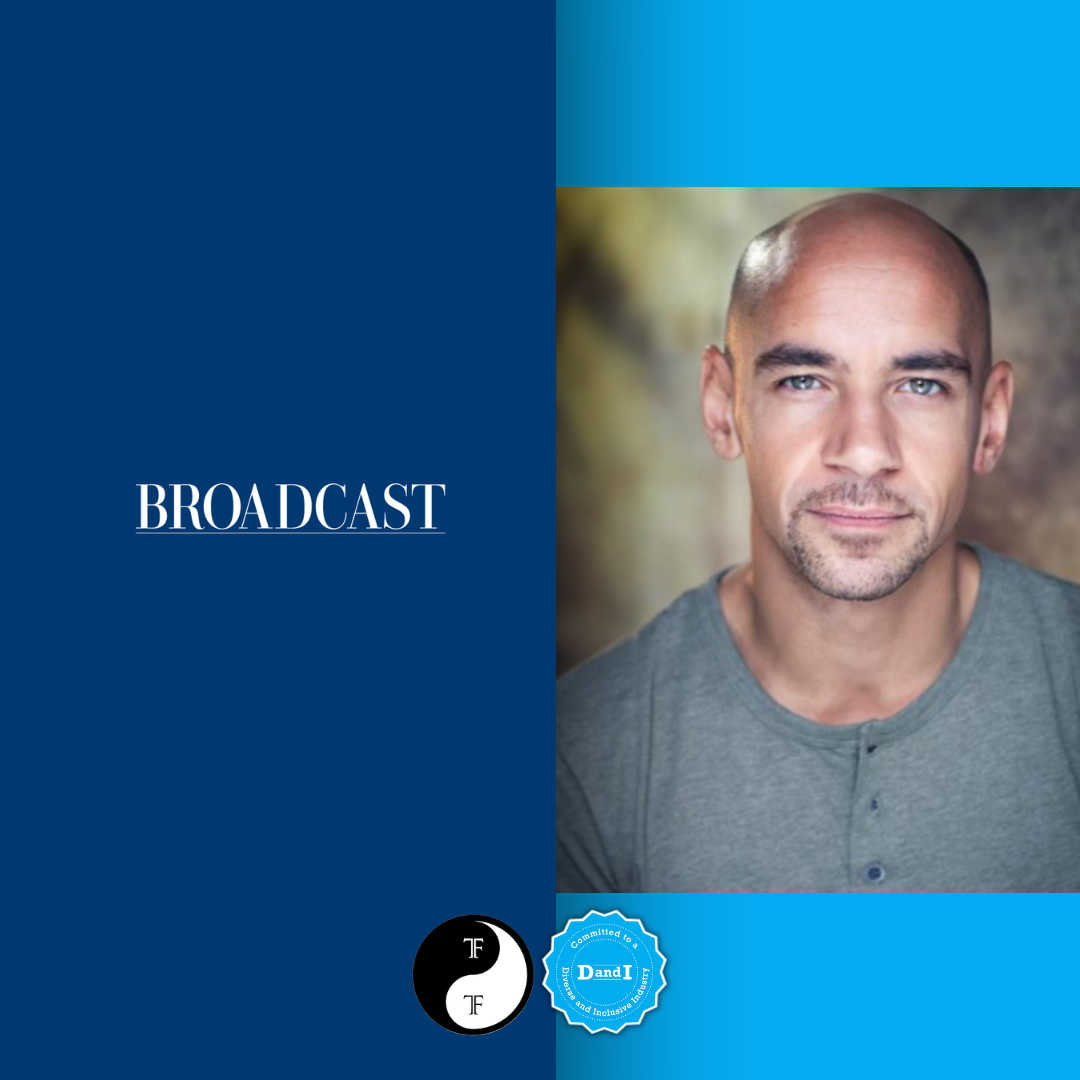Failure to normalise inclusion on and off screen has a real world impact – we cannot brush it under the rug again
Many people believe ignorance is at the heart of racism. It seems there’s still a lot of work to do.
It’s been a tough couple of weeks. . For some, the shocking violence and intimidation we’ve witnessed across the country and within our communities was merely an academic discussion over dinner; but for others, it was feeling too unsafe to leave the house and fearing for our children’s safety, hiding them in cupboards as their front doors were being kicked in, their places of worship and home communities were torched, or it was cancelling kids football matches because adults felt emboldened to use language they wouldn’t have done just a couple of weeks ago.
It’s easy to blame ‘tattooed skinheads’ throwing bricks, but it’s much harder to confront the biases within our own circles. As we point fingers at certain media outlets, we need to ask ourselves: has our own industry contributed to this instability? Have we given platforms to those with racist agendas? Normalised hate as a ‘debate’ or ‘opinion’ that needs to be aired in the name of impartiality and the pursuit of ‘noisy’ and ‘clickbait’ content?
This time reminds me of post 9/11, with a mix of the ’80s in there, and is all the more toxic for the combination. I don’t wish to speak for south Asian communities, but it’s clear that the Muslim and Asian community have been placed at the pinnacle of this ‘hierarchy of hate’ and are being targeted by not only these extremists, but by our own media. Projects have been cancelled, wording in newspapers leans into ‘otherness’ and alienation, and voices are being ignored or stifled.
Fuelled by the misinformation delivered to them, they do not care for truth or facts and their actions are impacting brown and Black communities across the UK.
Even before the riots, our industry had seen a collapse in inclusion and its benefits. DEI heads sacked, a raft of negative experiences by non-white crews on set and a plethora of shows with diverse cultures at their heart with non-reflective crews being made by even less reflective production companies.
There is racism in our own industry.
At The Triforce Creative Network and Dandi.org.uk we have seen a rapid retraction – and it’s not because 40,000 people across the UK at all levels aren’t willing and ready to work. It’s that commissioning has drastically reduced and the industry and production companies are reverting to ‘my old mate’ – and really, who can blame them? Their own friends get the job done, are struggling, they know their kids, and it’s natural to help friends in need – but who are most impacted by these shifts in our industry and society?
It is within these particular groups that we see droves of production and creative talent being forced to leave our industry and take their talents elsewhere. We know we need their stories and expertise, but if we’re not careful, none are going to be around to share them.
Global majority– and as many have pointed out in recent years, specifically south Asian – content is something severely lacking on UK broadcasters’ slates, and it’s something incredibly profitable. Who would have thought the largest demographic on the planet (over 80%) would make the largest audience?
Our problem is very much our solution – but only if we rectify it, and I hope our industry won’t do as we did with BLM and Black Square Summer and simply sweep these issues under the rug, otherwise we really will just become Production Hub UK.
However, white people are feeling good after the riots – the anti-racist protests were big and vocal against those who bothered to turn up, and I’m being told I should be glad. But I also know that today, right now, there are brown and Black people going about their everyday lives of racist moments in shops, micro and not-so-micro aggressions at work, randos on the tube home, their children at schools being abused by adults, their neighbour as they step into their home. And these moments are populated by the people who went on the riots, have apologised for them online, or delivered a ‘yeah, but…’ at Sunday roast. The people we inform and steer through our content.
This is a challenging conversation during a financial drought, but it’s one that impacts what we do, and the world we and our children are living in.
This is no longer entertainment. This is real. Being an ally isn’t a part time job, just as having colour in your skin isn’t a part time job – and we also need to show allyship and solidarity between global majority communities.
So let’s return to the good ol’ days when racism was definitely bad, and those who spread it were vilified, not sanctified. Let’s normalise inclusion on and off screen and show our audiences that the world outside of their own is exciting and engaging, not terrifying and dangerous.
Unfortunately, those most affected don’t get to decide what happens next — so everybody, please, let’s do our bit

Broadcast article – https://www.broadcastnow.co.uk/comment/fraser-ayres-we-must-ask-whether-our-industry-contributed-to-the-riots/5196265.article
